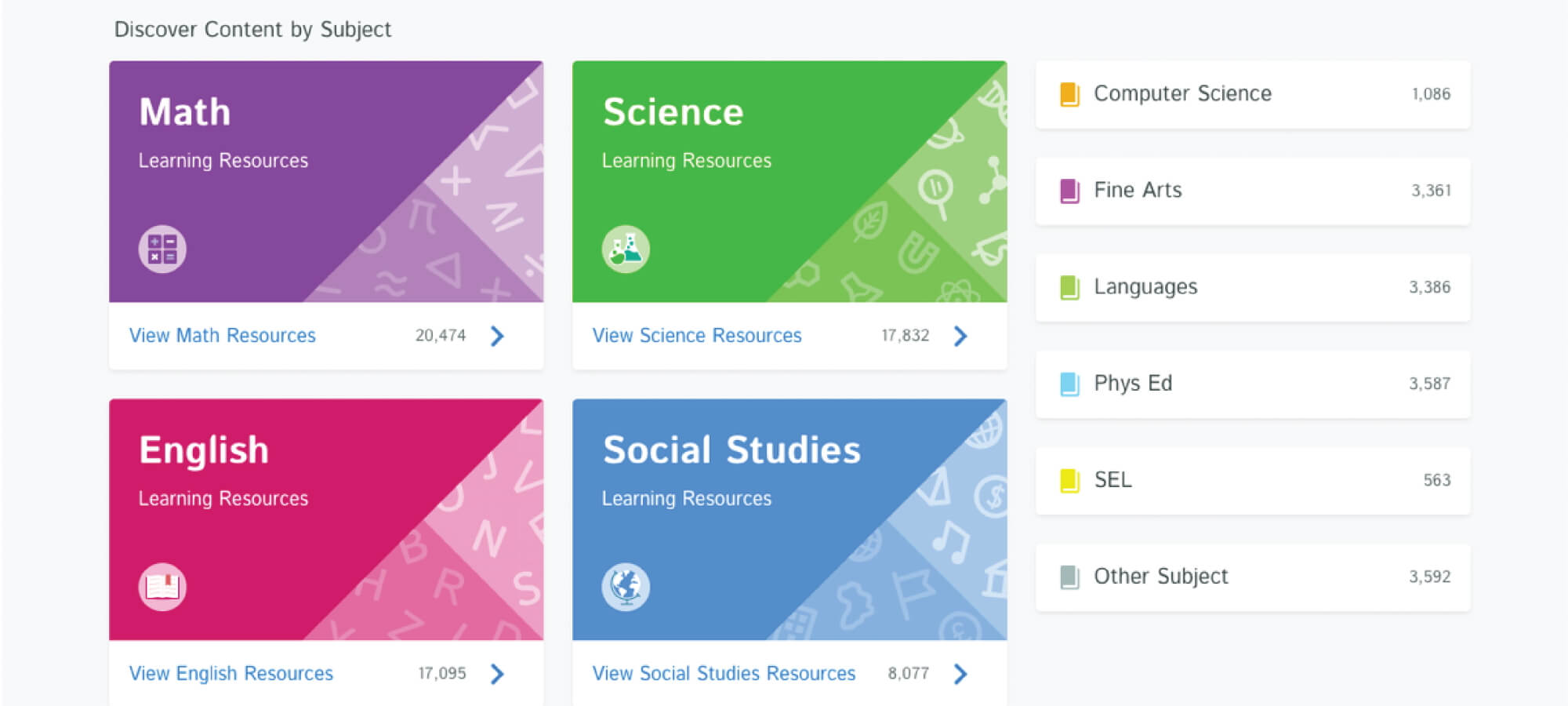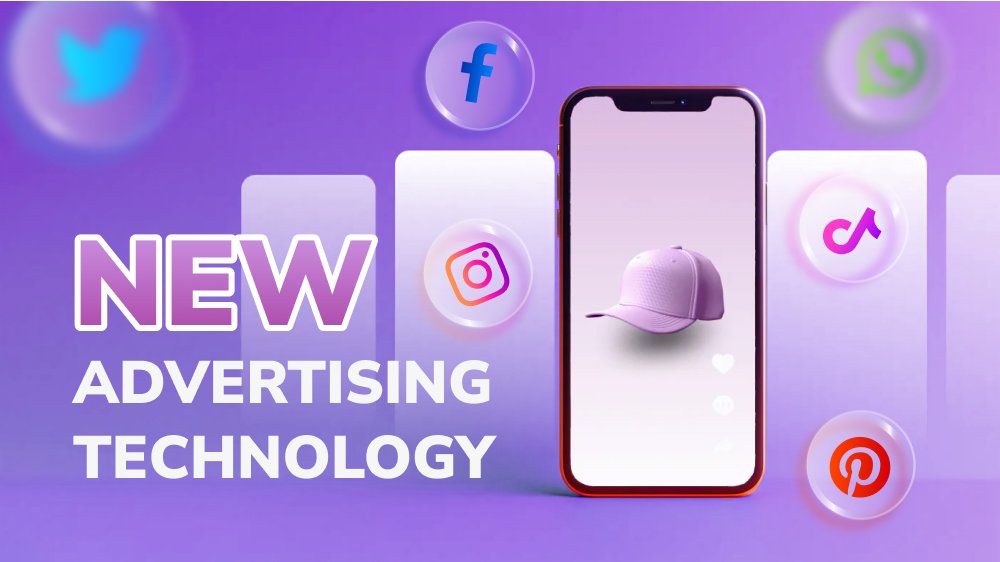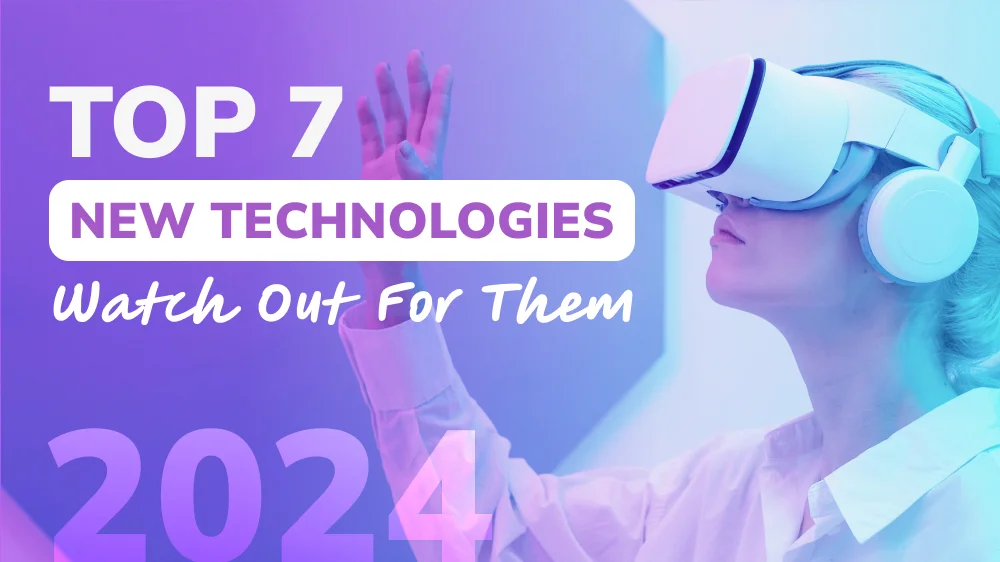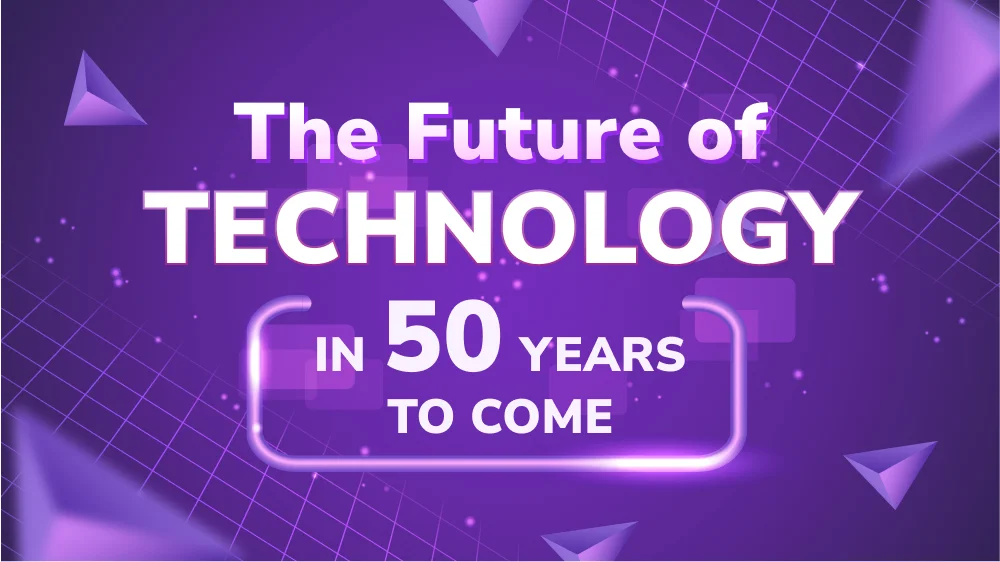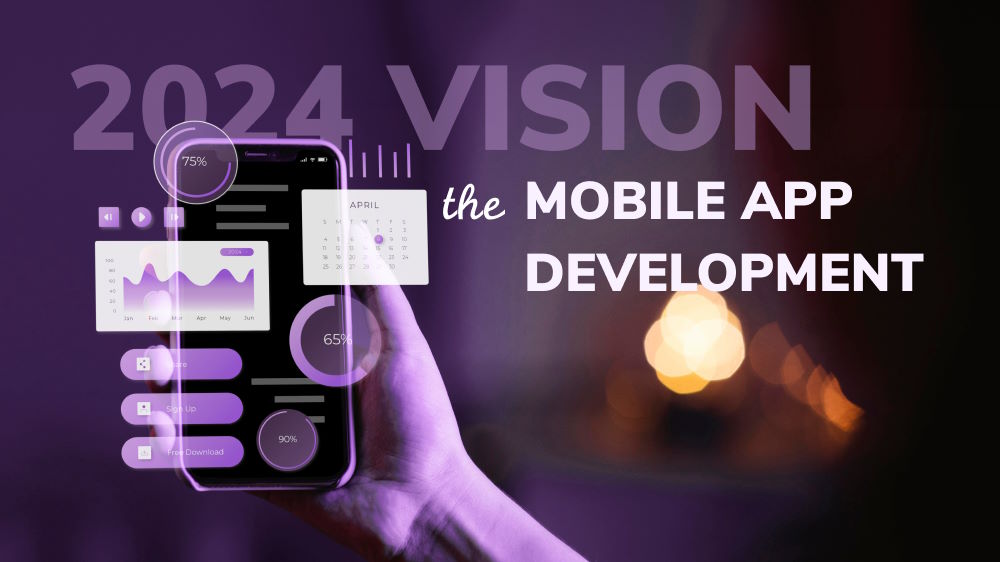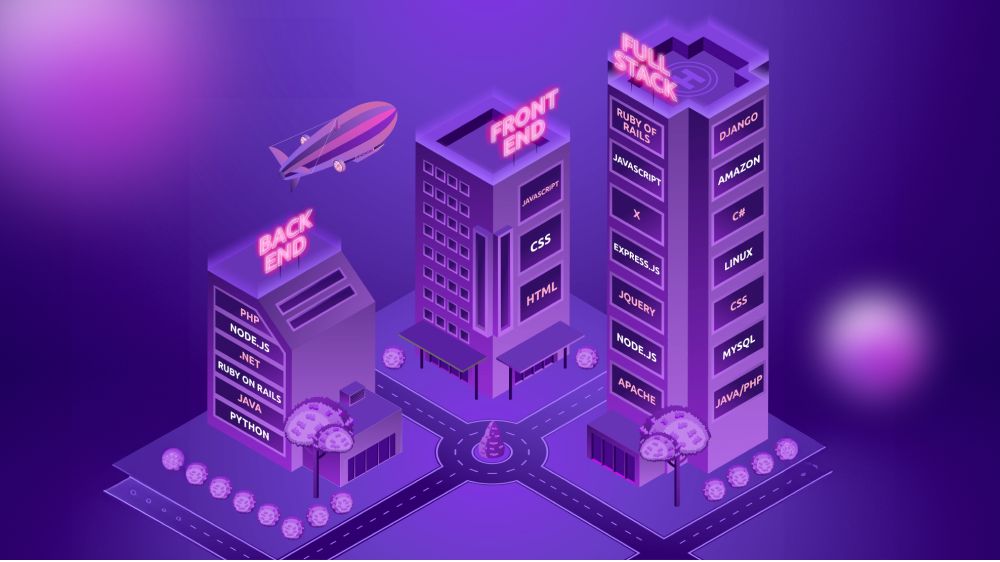
Top 5 Education Technology Every Classroom Needs

Content Map
More chaptersWhether it’s attending class online, uploading assignments to the cloud, or having engaging discussions on message boards, technology has dramatically reshaped education around the world.
Whether it’s attending class online, uploading assignments to the cloud, or having engaging discussions on message boards, technology has dramatically reshaped education around the world.
It’s clear to see why too. The majority of students have smartphones, tablets, and computers. These internet-enabled devices make it easy to access a wealth of information in real-time, including a range of digital tools and software designed to promote collaboration and enhance the learning experience.
Plus, the advent of online higher-education courses has effectively broken down the geographical barrier. As a result, remote students no longer have to travel great distances to receive an education.
With this in mind, let’s take a look at 5 types of education technology that every organisation should invest in.
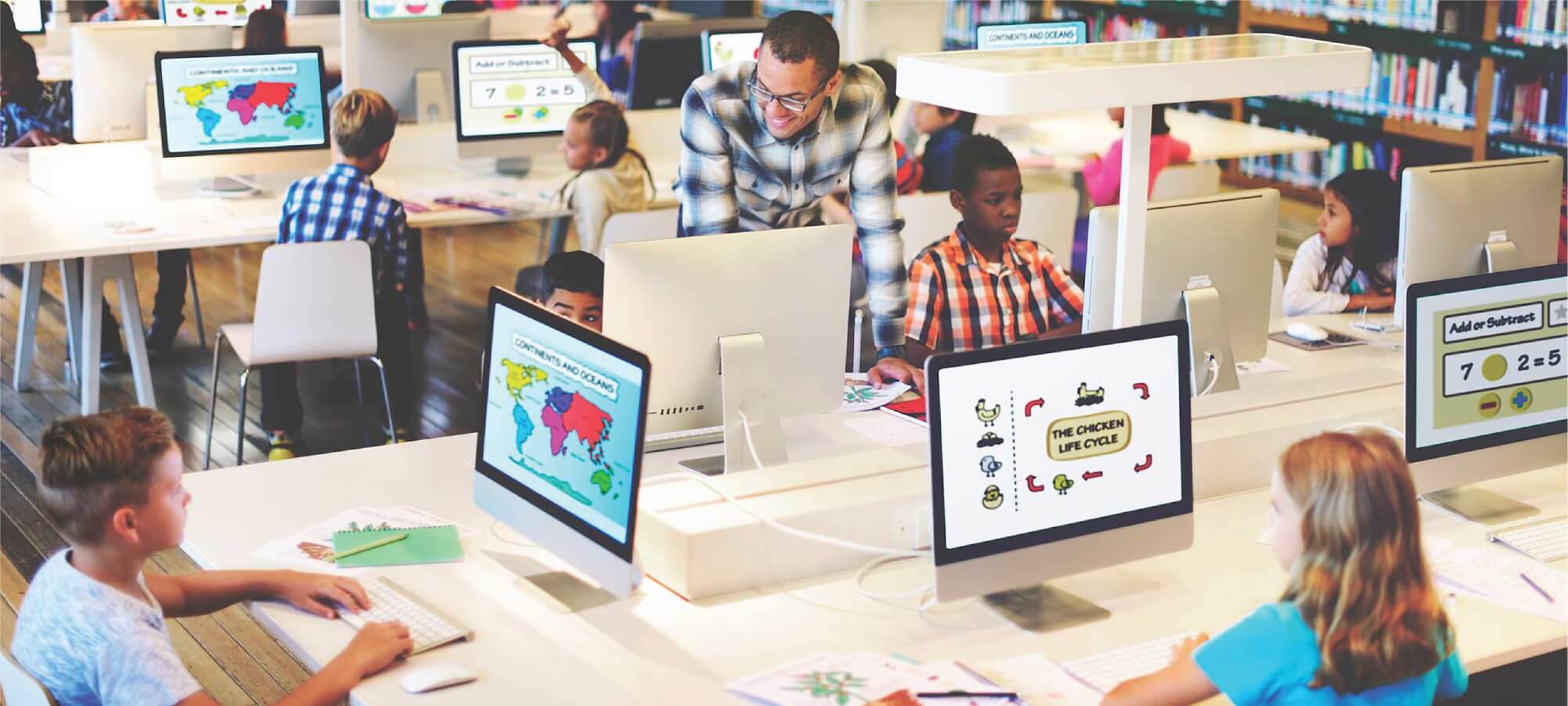
1. Webcasting technology
Live webcasting software like Zoom and Skype lets teachers deliver courses, tutorials, and demonstrations to students around the world.
Teachers can livestream their lecture in a full-sized lecture hall, small classroom, or even from the comfort of their home. Likewise, students with permission to attend can do so wherever they have a stable internet connection.
There’s also no need to purchase and set up expensive cameras. Today’s webcams are powerful enough to produce live video feed at a high resolution, making it easy for students to see any text or images that is displayed on the screen.
Plus, the crystal-clear sound quality makes it easy for students to listen in and start an engaging dialogue with their teachers. On top of this, if students don’t have a microphone, they can simply use the chat function instead.

2. Assignment management software
Online assignment software allows students to upload paperless version of their assignments, while giving teachers all the tools they need to annotate, grade, and leave comments in one place.
Platforms like Edulastic also give teachers a variety of tools to monitor student progress, receive submission updates, and even compare a student’s performance to the average national standard. This way, teachers can quickly grade online assignments, find out where students are doing well and where they can improve, and provide valuable feedback to help them reach their academic goals.
By transitioning to paperless homework, both students and teachers are unlikely to lose or misplace paper assignments. Plus, the school saves on printing costs and produces less paper waste. Best of all? Teachers can gather all the information they have collected over the year, and print out standard report cards with just a few clicks.
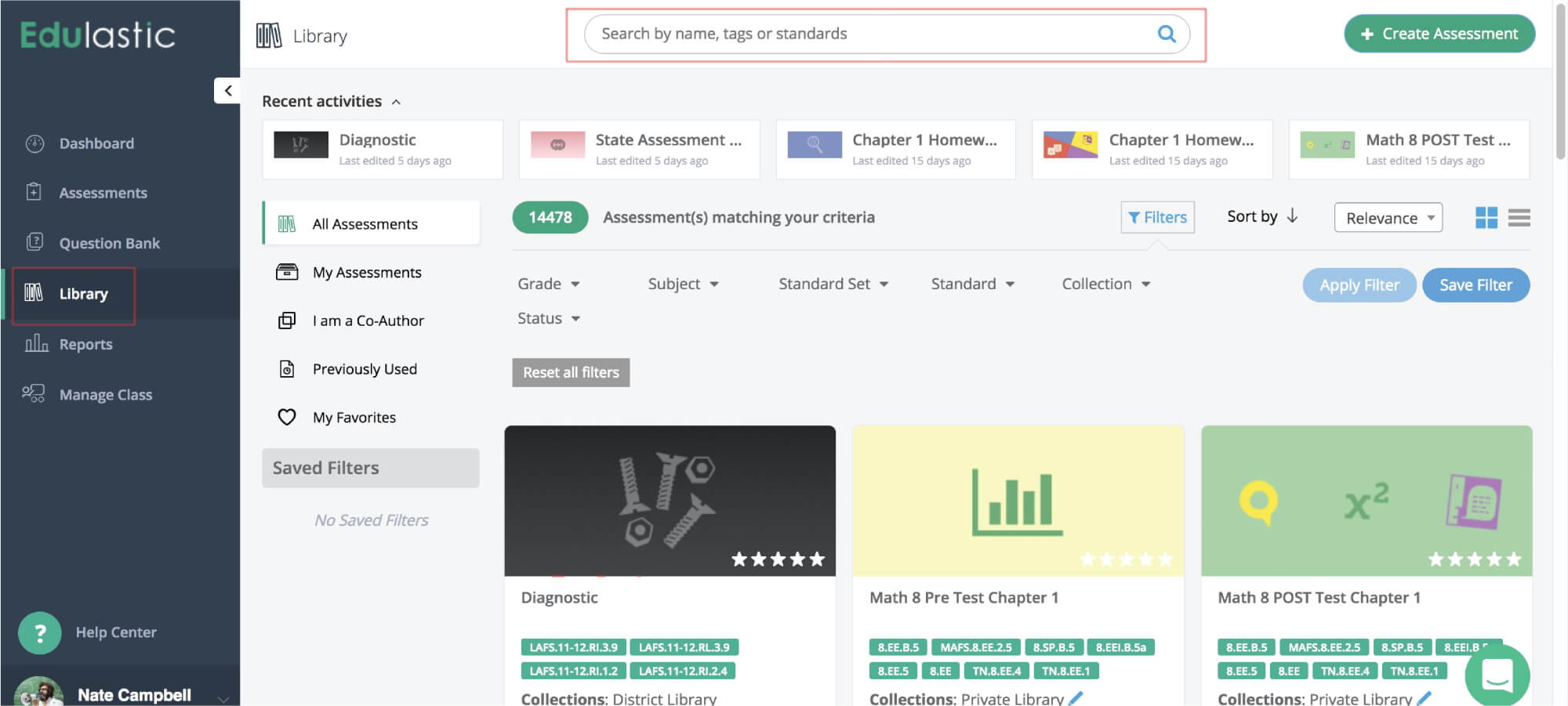
3. Online examination software
Ideal for higher education and enterprise training facilities, online exam software gives teachers the ability to create, distribute, and grade custom online tests.
From one convenient platform, teachers can personalise the test to suit each student’s year level, curriculum, and subject – by including multiple choice questions, short and long form responses, mathematical diagrams, maps, and more.
Teachers can also place limitations on the exam to suit academic requirements, such as time limits, randomized questions, and both public or private test access.
Most importantly, these platforms are designed to be secure and confidential. Both in-progress and completed online exams are stored in a secure database, and only authorised personnel can access the exams.
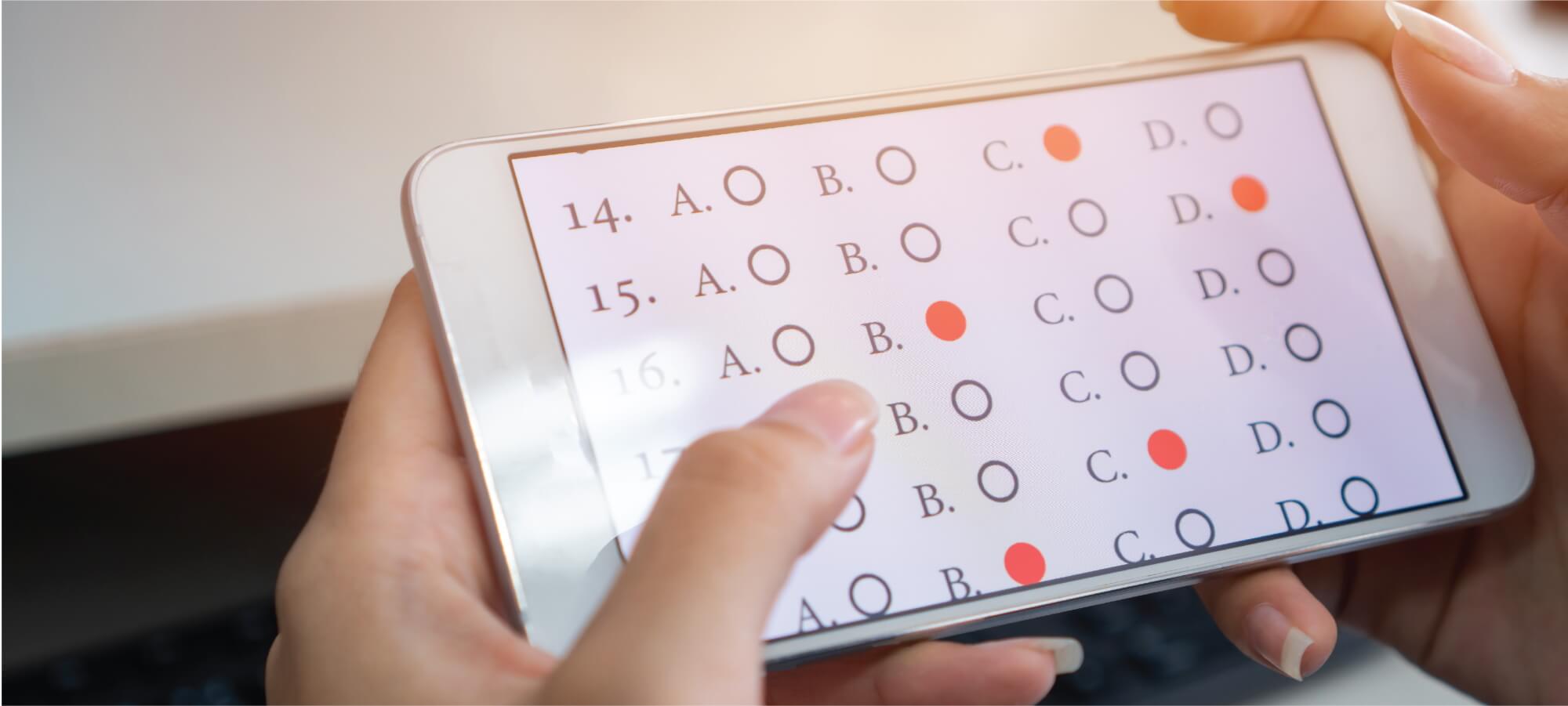
4. Email, instant messaging, and discussion boards
Effective communication both inside and outside the classroom is vital to a positive learning experience. By using a combination of tools and technology including email, instant messaging, discussion boards, downloadable video and audio lectures, students and teachers can keep in touch during the whole academic year.
Instead of waiting until a specific class to ask questions and raise concerns, students can reach out to teachers at virtually any time.
Teachers can also use real-time communication to advise students on last-minute changes (i.e. schedule changes), send reminders for upcoming assignment due dates, and notify students about the latest test results.
Finally, classroom discussion boards are a great way to promote healthy and engaging conversations in a moderated environment. Students who may be more introverted have a chance to be seen and heard, while other students can share more meaningful and insightful responses than what a class (which only lasts for a certain period of time) often allows for.
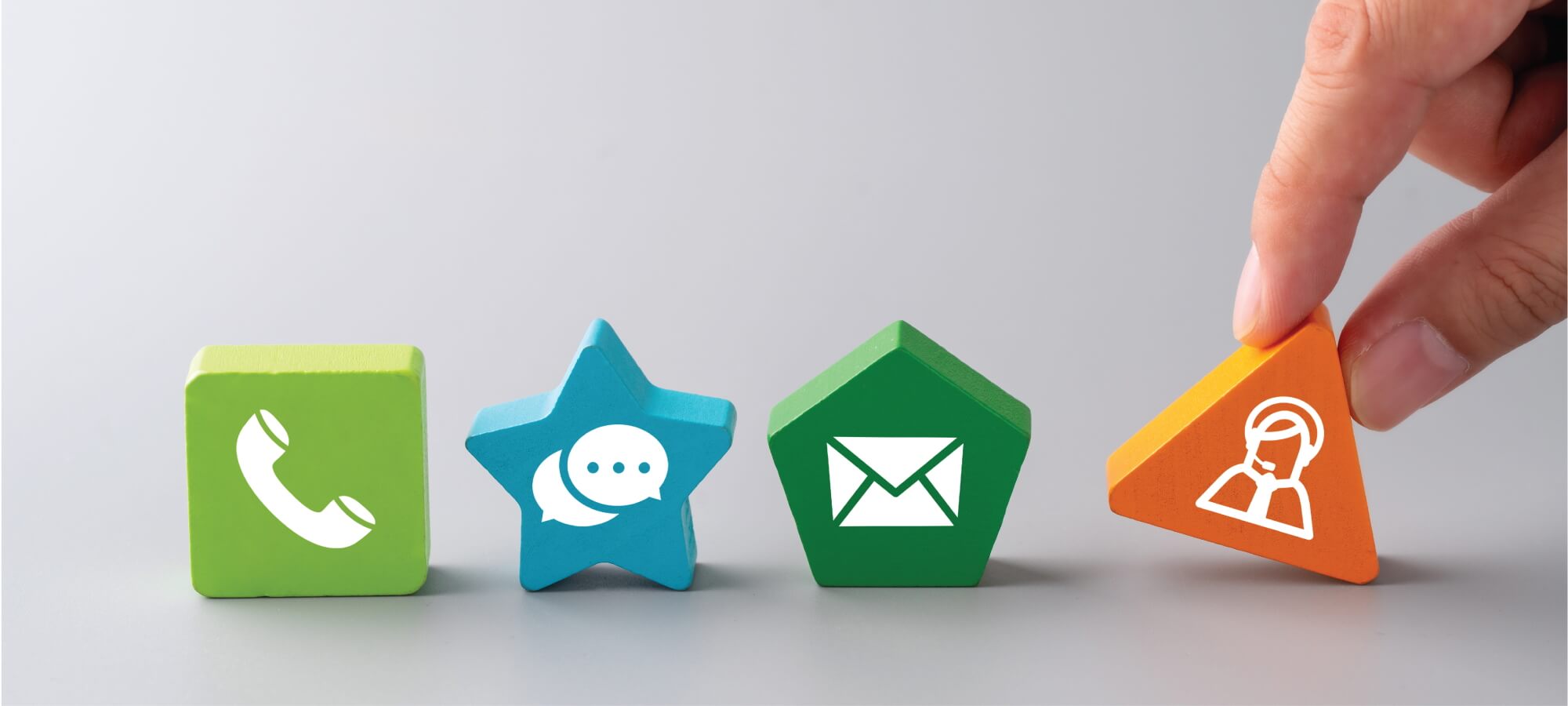
5. Curriculum Management Software
From elementary school and high school through to tertiary, curriculum mapping software provides all the tools you need to brainstorm, develop, and launch a full-year curriculum.
Platforms like Top Hat and Kiddom are designed to take the stress out of creating curriculums by making the process entirely digital. Teachers can either create a new curriculum from scratch or import elements from an existing curriculum, and then use the software to modify the new curriculum to suit their needs – while meeting strict academic standards.
Aside from being able to make curriculums, many of these platforms integrate a range of valued-added features. These include the ability to record lectures, monitor attendance, upload and share digital textbooks, and create custom polls and quizzes. By having all these powerful features on one convenient platform, this helps increase student engagement and improve learning outcomes.
